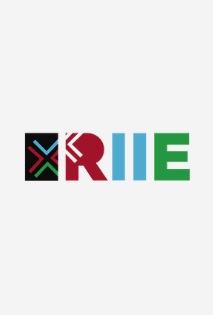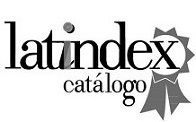Think ourselves at the meeting with the "others". Narrative research and transformation
DOI:
https://doi.org/10.30972/riie.8103655Keywords:
Narrative research, inter-subjectivity, ethics, epistemology, identity, transformationAbstract
In this paper we put into dialogue three narrative researches, which were carried out by life histories. Each narrative shows a different reality, but anyway, all of them are transversal to school and education. The first experience is based on professional identity of two teachers, male and female, with a broad professional career throughout the twentieth century in Spain. The second one is based on life accounts of gypsy women, working as intercultural mediators. They show their personal and professional trajectories relating with school and educational and social inclusion of gypsy community. The last one tells a life narrative about a person, "Alegría", with a trajectory of diagnosis and personal, educational, family matters from the beginnings of schooling in eighties. As consequence, he has spent a major time of his life in metal health institutions. We delve into the depth of relationships and the way of living the narrative process with the "other", in the encounter with their stories and in our way of rethinking the world from their stories. We are concerned about ethics at every moment of the narrative, our uncertainties as researchers, as well as the implications of telling and telling us in a complex, respectful, unfinished and situated way.Downloads
Download data is not yet available.
Downloads
Published
2019-04-22
How to Cite
Márquez García, M. J., Leite Méndez, A. E., & Calvo León, P. (2019). Think ourselves at the meeting with the "others". Narrative research and transformation. Revista Del Instituto De Investigaciones En Educación, 8(10), 100–112. https://doi.org/10.30972/riie.8103655
Issue
Section
Artículos basados en investigación empírica
License
Aquellos autores/as que tengan publicaciones con esta revista, aceptan los términos siguientes:
- Los autores/as conservarán sus derechos de autor y garantizarán a la revista el derecho de primera publicación de su obra, el cuál estará simultáneamente sujeto a la Licencia de reconocimiento de Creative Commons que permite a terceros compartir la obra siempre que se indique su autor y su primera publicación esta revista.
- Los autores/as podrán adoptar otros acuerdos de licencia no exclusiva de distribución de la versión de la obra publicada (p. ej.: depositarla en un archivo telemático institucional o publicarla en un volumen monográfico) siempre que se indique la publicación inicial en esta revista.
- Se permite y recomienda a los autores/as difundir su obra a través de Internet (p. ej.: en archivos telemáticos institucionales o en su página web) antes y durante el proceso de envío, lo cual puede producir intercambios interesantes y aumentar las citas de la obra publicada. (Véase El efecto del acceso abierto).






.jpg)




